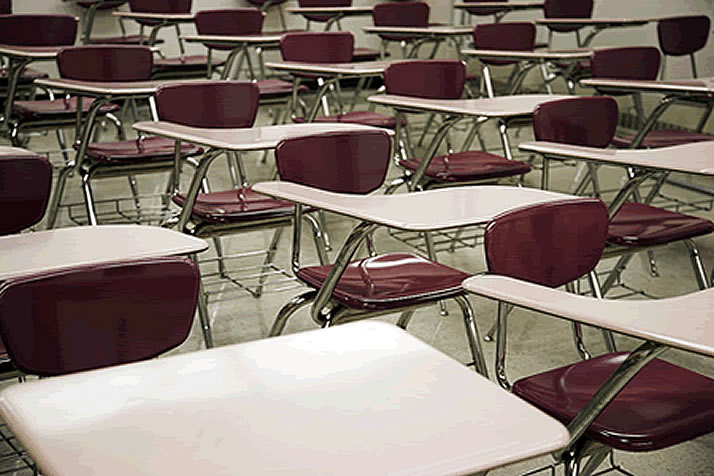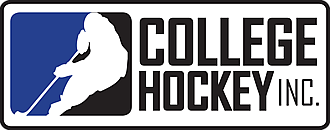Tuesday, September 4, 2012
Get Ready Academically
Be sure you are on track now in class if you want to play college hockey in the future.

(Updated Nov. 2018)
The start of the school year is a great time for prospective college hockey players to take stock of their academic progress, set goals for the coming year and ensure that they are on the path to academic eligibility.
Student-athletes at any age can take steps to improve their academic standing as it relates to their college career. Remember, while all Division I athletes must meet minimum requirements set forth by the NCAA Eligibility Center, you’ll want to aim higher than the minimum. The better your grades and test scores, the more colleges will be interested in you as a recruit.
The start of the school year – before hockey and travel take up more and more time – also offers an opportunity to get a jump-start academically before you get too tied up in the season.
With all that in mind, here are a few tips, depending on your age, to set yourself up for academic success:
Grades 9 & 10
- Visit the NCAA Eligibility Center at eligibilitycenter.org. You don’t need to register with the site yet, but you should read up on eligibility requirements. You can look up your high school and see what classes comprise the 16 core courses that will eventually determine your eligibility.
- Establish good study habits. Plenty of prospective student-athletes have to put in extra work as juniors and seniors to improve their GPAs as their high school careers wind down. Put in the work now and not only will more doors open for you in recruiting, but you’ll also make it easier on yourself down the road.
- Read and write. The more you read – and not just schoolbooks, but also newspapers, magazines, online, etc. – the better prepared you will be for college and the rest of high school. Practice writing as well, in schoolwork, on your own with blogs or journals, or by sending letters to college coaches at schools you may want to consider.
Grades 11 & 12
- Register with the NCAA Eligibility Center at eligibilitycenter.org if you haven’t already. The Eligibility Center – which you may hear referred to by its old name, the NCAA Clearinghouse – must certify every NCAA Division I student-athlete before they are able to play a college sport.
- Check the Eligibility Center to ensure that your course selections are on track. You need to take 16 core courses and your eligibility is determined, in part, by your GPA in those classes. This can be especially important to evaluate early in the year if you have changed high schools during your career.
- Plan to take (or re-take) the SAT or ACT exams. One of these standardized tests – usually the SAT – is required by most schools for admission and for all student-athletes by the NCAA Eligibility Center. Visit collegeboard.org or actstudent.org for test dates and registration details. Most students will take the tests more than once, and scores typically rise significantly after the first attempt. You should consider a course or book to help with test preparation as well.
After High School Graduation
- Taking some college-level courses, either at a local community college or online, helps many junior hockey players stay mentally sharp if they play a year or two following their high school graduation. It can also help in college admissions or possibly earn credits for once you enroll.
- Be sure not to register as a full-time college student anywhere, whether or not the school offers hockey. Enrolling as a full-time student starts your eligibility clock, meaning that you would have the following five years to complete your four years of eligibility. The determination of whether you are a full- or part-time student is made by the school at which you are taking classes.
- Consider taking the SAT or ACT exam again. You can always improve your scores, and schools (and the NCAA Eligibility Center) only consider your best scores.
- Learn more about academics after high school in this detailed article.
